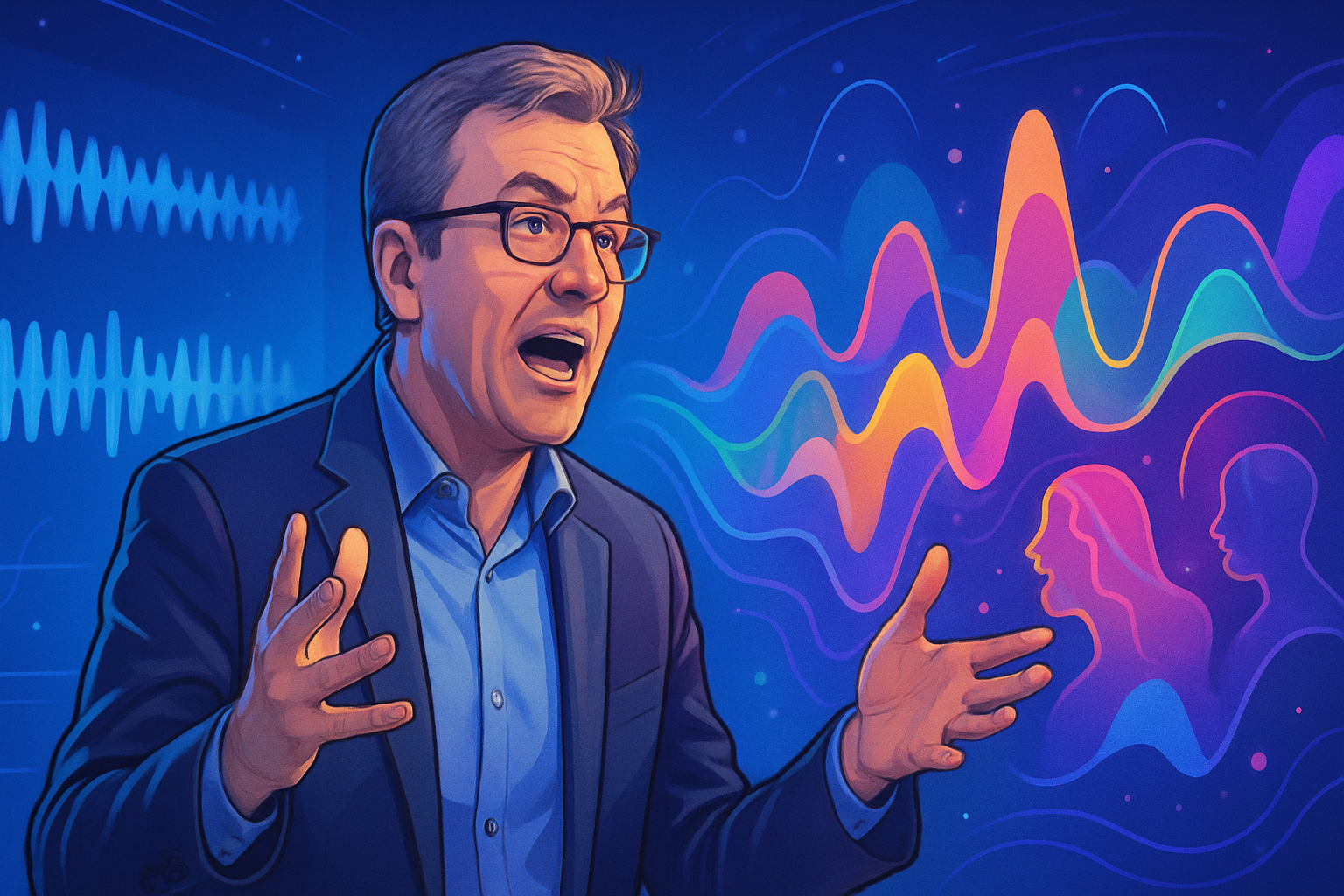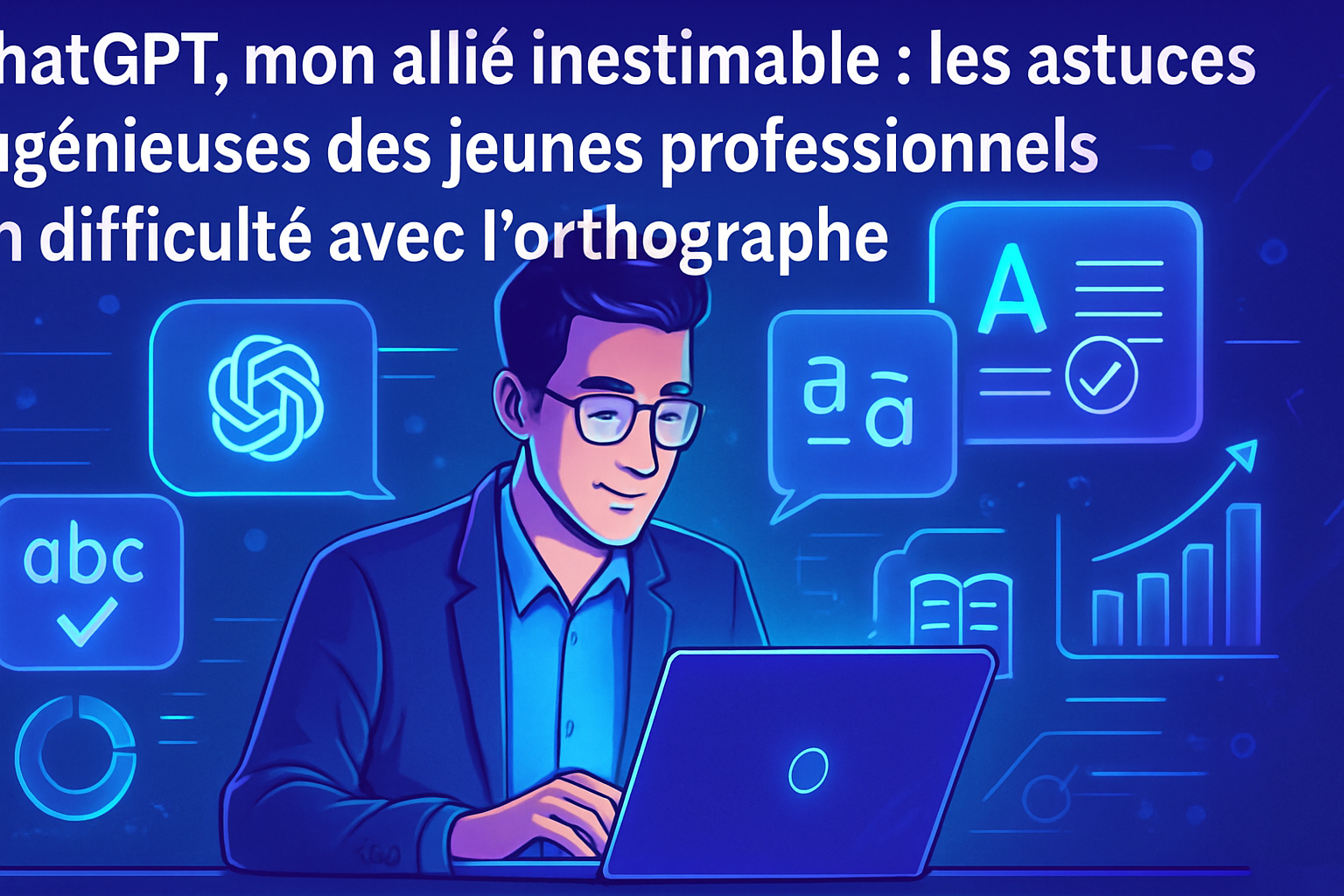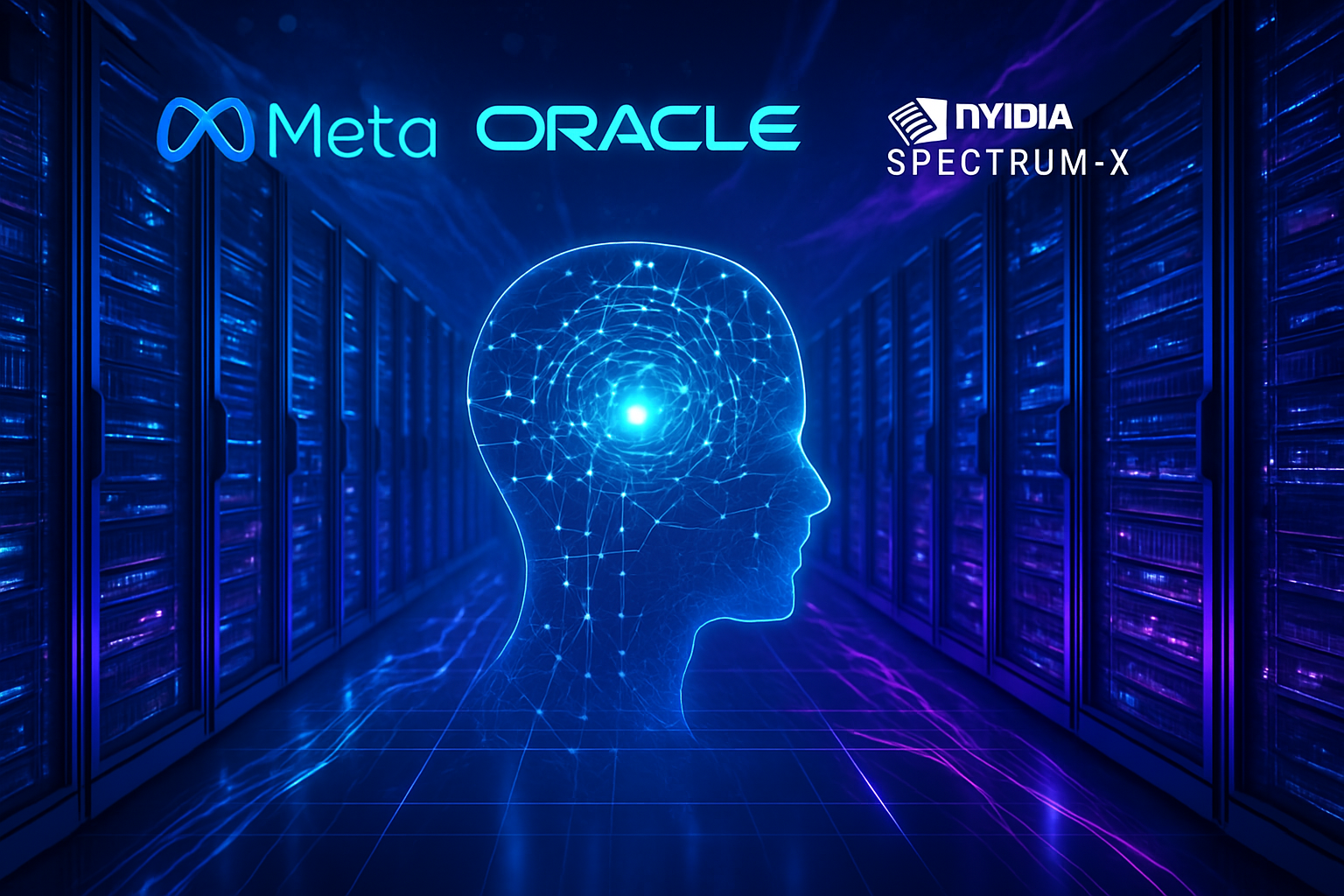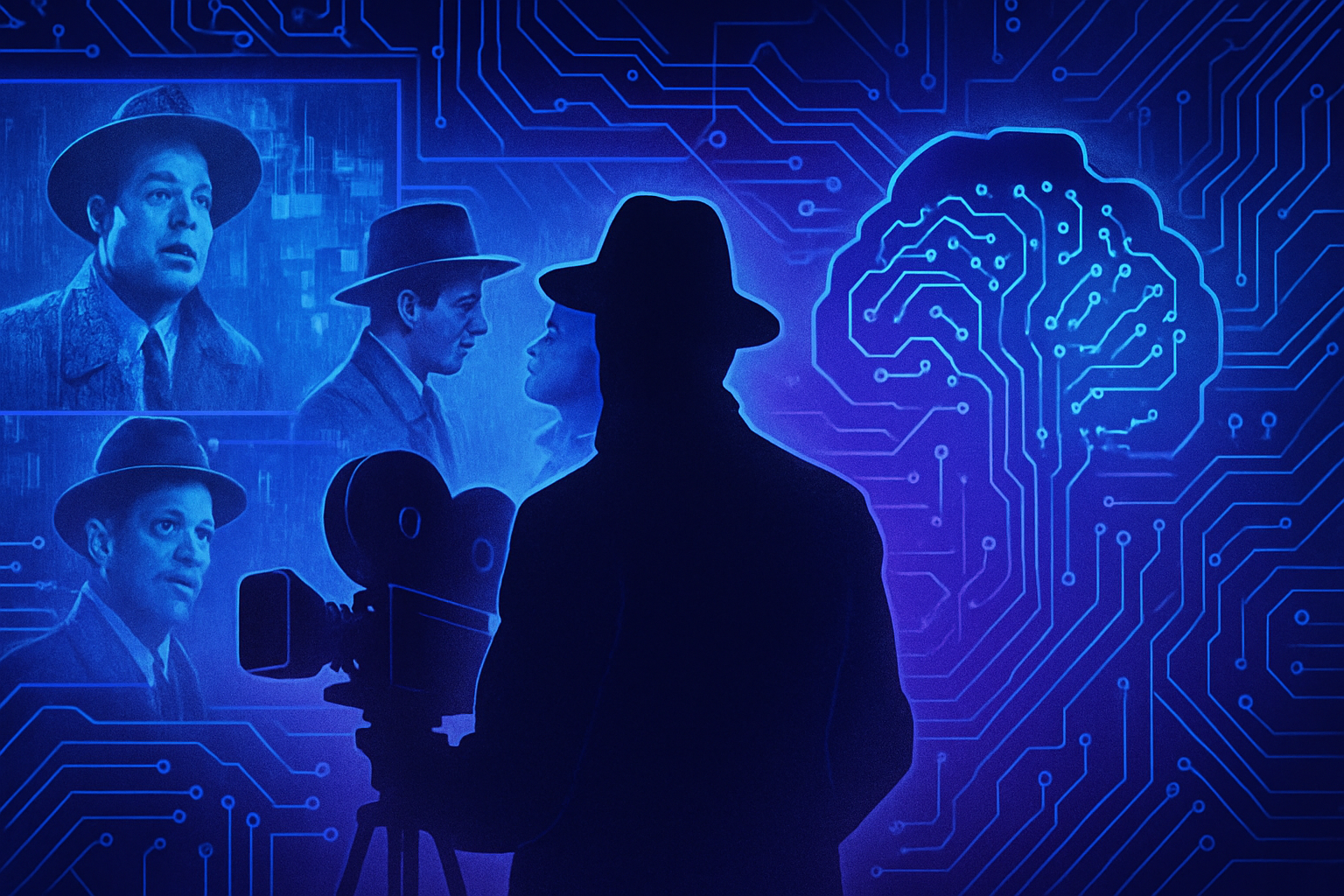The standardization of voice, highlighted by voice analysis tools, constitutes an insidious threat to human expression. The nuances of intonation carry invaluable stories, often unjustly ignored. Sébastien Crozier, the committed trade unionist, warns of this evolution that reduces the voice to a mere data file, neglecting deep emotions and personal narratives. The analytical tools crush singularity to promote a dehumanized conformity within professional teams. This homogenization of discourse erases the richness of our exchanges, leaving a harmful emotional void detrimental to well-being at work.
The standardization of voice
Sébastien Crozier, president of CFE-CGC Orange, shares insights on the consequences of voice standardization in the professional setting. He notes that the increasing use of voice analysis tools in companies often results in a reduction of expressive nuances. Thus, the voice, which conveys a multitude of emotions, is reduced to a simple biometric data.
A dehumanizing approach
Devices such as speech analytics are designed to detect elements such as stress, fatigue, or enthusiasm. These tools now penetrate all aspects of work, including performance reviews. The idea of recording calls then transforms into a judgment mechanism, where every intonation, every hesitation, is scrutinized through a lens of apparent objectivity.
Implications for work ethics
The consequences of this emotional surveillance can lead to a form of self-censorship among employees. Crozier highlights the risk of a breakdown of trust, where the sincerity of spontaneous exchanges is compromised. In an environment where emotions are minimized, interactions lose their rich complexity.
Consequences for mental health
Many studies converge on a common finding: constant listening and ongoing evaluation create an atmosphere of increased stress. The surveillance syndrome erases any form of authenticity in workplace communications. A simple tone deemed “inappropriate” can trigger an alert, while a hesitant voice reveals a natural human vulnerability.
The regulatory aspects
Regulations like the GDPR consider the voice as sensitive data. Its processing requires explicit consent, but the reality in the workplace complicates this notion. When employees are compelled to accept devices imposed by management, the very definition of free consent becomes problematic.
The risk of algorithmic bias
The technologies used not only standardize the voice; they can also reinforce existing biases. Phenomena such as digital compression or frequency filtering may disadvantage certain voices and accents. Women and certain cultural styles risk experiencing negative impacts on their ability to express themselves and be heard.
Future perspectives
This raises the question of the future of professional interactions. If voice analysis tools continue to evolve by imposing strict norms, human stories will be reduced to numbers. The narratives that underpin each conversation could gradually disappear, giving way to a cold and standardized work environment.
Frequently asked questions
What are the consequences of voice standardization in the professional environment?
Voice standardization can lead to increased stress among employees, self-censorship, a weakening of spontaneous exchanges, and a breakdown of trust within teams.
How does voice analysis affect the authenticity of interactions at work?
Voice analysis risks transforming interactions into mere data, removing emotional nuances and the stories that each intonation can convey, which may affect the quality of human exchanges.
Why is the voice considered sensitive personal data?
The voice can reveal information about identity, emotional state, and even the psychological context of an individual, making it particularly vulnerable to misuse, especially without informed consent.
What are the risks of a speech analytics-based approach within companies?
Voice analysis tools can generate biases, alter employees’ perceptions by assigning them emotional scores, and create an atmosphere of surveillance that may foster a sense of dehumanization.
How can the normalization of voices disadvantage certain employees?
Normalization can penalize specific groups, such as those with diverse accents, female voices, or particular cultural styles, thus creating inequalities within professional interactions.
How does Sébastien Crozier describe the emotional impact of voice standardization?
He emphasizes that standardization erases the emotions conveyed by the voice, diminishing the authentic moments of humanity and empathy that every interaction should contain.
What is the current legislation regarding the processing of voice data in the workplace?
The processing of voice data is governed by the General Data Protection Regulation (GDPR), which requires free and informed consent, as well as ethical considerations regarding their use at work.
What alternatives exist to intrusive voice analysis in the workplace?
Methods of assessment based on authentic human interactions, qualitative feedback, and collaborative approaches can be implemented to promote a healthier and more respectful work environment.






